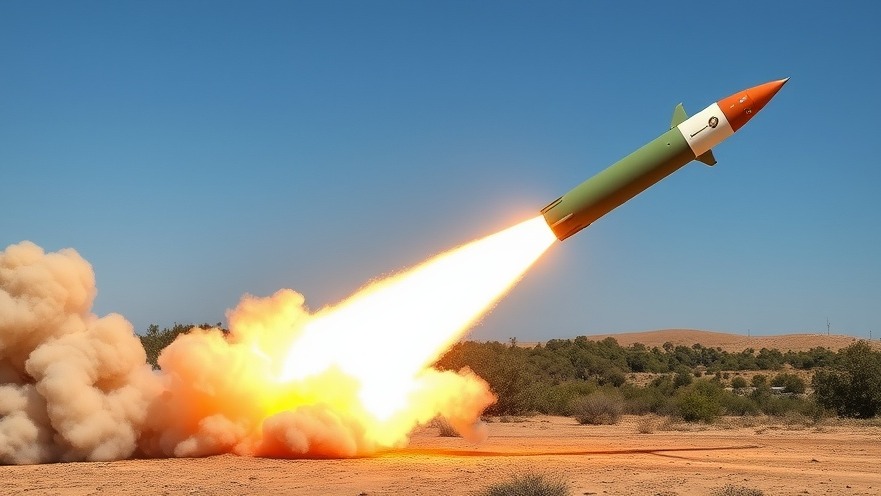
Understanding the Two-Week Diplomacy Window with Iran
The recent announcement regarding a two-week window for diplomacy with Iran has generated significant interest and speculation in political circles and media outlets alike. During a recent briefing, questions were raised about the nature of the engagement between U.S. special envoy Steve Whit and Iranian officials. As the geopolitical landscape grows increasingly intricate, these developments demand careful examination, especially as they relate to U.S. foreign relations.
In State Dept's Tammy Bruce Asked Why Trump Has Created Two-Week Window For Diplomacy With Iran, the discussion dives into the urgency behind negotiations with Iran, prompting us to analyze its potential consequences for U.S. foreign relations.
Why the Urgency? The Stakes in Iran
The urgency for a diplomatic resolution to the tensions with Iran cannot be overstated. With Iran potentially nearing the ability to develop nuclear weapons, President Trump’s call for heightened negotiations implies a strategic priority to avoid escalation—a scenario which could threaten not just regional stability but global security as well. Understanding the factors at play is crucial for grasping the implications of U.S. foreign policy.
Historical Context: Past Negotiations with Iran
Historically, diplomatic efforts toward Iran have seen varying degrees of success and failure. The landmark Joint Comprehensive Plan of Action (JCPOA) from 2015 represented a period of relative hope, while the U.S. withdrawal from the agreement in 2018 marked a significant pivot that heightened tensions. This backdrop provides a lens through which to view current negotiations, as stakeholders gauge potential outcomes against an emotional and historical context burdened by past conflicts.
Negotiation Dynamics: What It Means for America Today
The dynamics are multi-layered. On one hand, Trump's assertive approach suggests an inclination towards pragmatism that reflects a blend of business acumen and geopolitical strategy. His communication style and willingness to pursue diplomacy are seen as critical components of his leadership. However, skepticism remains about whether Iran is genuinely open to negotiations or if external pressures are merely postponing inevitable confrontations.
Future Implications: The Potential Outcomes of Diplomatic Engagement
Looking ahead, the potential implications of these negotiations are profound. A successful diplomacy could lead to a renewed agreement and significantly lower the risk of conflict. Conversely, failure could escalate tensions further, leading to military confrontations that many experts warn would destabilize the entire region. Observers from Capitol Hill to foreign policy think tanks are closely monitoring these developments as they unfold.
The Role of Public Sentiment: Local Impact of National Decisions
The impact of decisions made in Washington resonates deeply within local communities across the United States. As national security issues like the Iran situation evolve, citizens are increasingly aware of how these policies affect daily life—from safety concerns to economic impacts due to military spending. The call for public discourse on these pressing issues raises the question: how engaged are everyday Americans in the discussion on national security and foreign diplomacy?
In conclusion, the insights about the two-week window for diplomacy with Iran illuminate the complexity and seriousness of international relations impacting America today. Staying informed about such developments is vital for understanding the broader implications of U.S. foreign policies, especially as they evolve in real-time.
To ensure you stay engaged with the latest developments, I encourage readers to keep abreast of national news updates and participate in community discussions about how these issues impact our lives.
 Add Element
Add Element  Add Row
Add Row 



Write A Comment